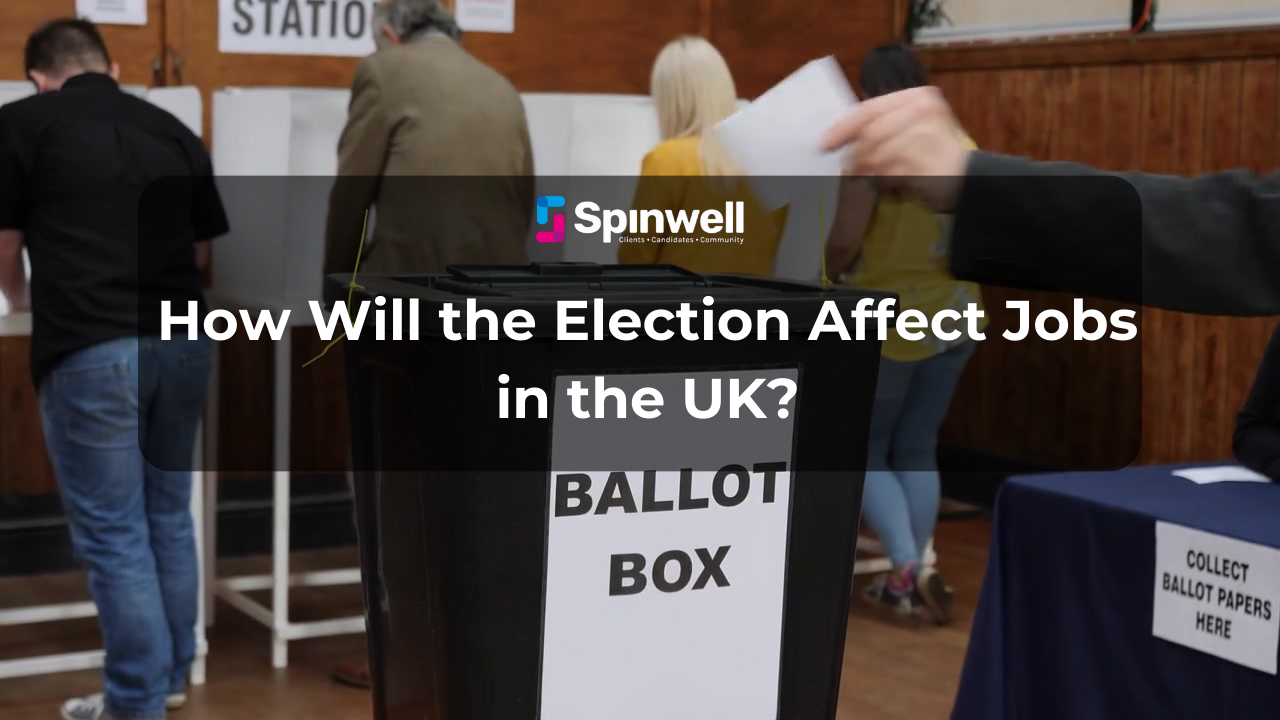
How Will the Election Affect Jobs in the UK?

The UK election is an event that can have a significant impact on various aspects of the country, including the job market. As political parties make their promises and present their visions for the future, it’s natural to wonder how these changes could affect employment opportunities in the UK. In this blog post, we will explore the potential effects of the UK election on jobs and employment.
Economic Uncertainty and Business Decisions
Elections often bring a level of uncertainty, and this can have implications for businesses and their hiring decisions. Uncertainty surrounding potential policy changes and shifts in government can cause companies to adopt a cautious approach. Some businesses may choose to freeze hiring or even implement redundancies until the political landscape becomes clearer. This cautiousness can impact job availability and recruitment processes during the election period.
Impact on Import and Export Businesses
Businesses involved in import and export activities can be particularly sensitive to the outcomes of elections. Changes in tariffs, trade agreements, and regulations resulting from the election can significantly affect their operations. Alterations to the international trade landscape can lead to job losses or reduced hiring opportunities in sectors heavily reliant on global trade. On the other hand, new trade policies could create openings for businesses and result in job growth in certain industries.
Green New Deal and Job Creation
Some political parties, such as Labour, have proposed initiatives like the Green New Deal. This ambitious plan aims to tackle climate change while simultaneously boosting employment. The Green New Deal envisions job creation in green industries such as wind and solar power, electric vehicle manufacturing, and home insulation. If implemented, this could potentially generate new job opportunities and drive economic growth in these sectors. However, it’s important to consider that such initiatives might require upskilling or reskilling of the existing workforce to meet the demands of these emerging industries.
Impact on Specific Sectors
The outcome of the UK election can have sector-specific implications. For instance, the power sector may experience shifts in policy and regulatory frameworks, which could impact energy security, job creation, and investment sentiment. Sectors like homebuilding, retail, and banking can also be exposed to election impacts. Changes in government policies and regulations can shape the business environment, influencing companies’ decisions to expand, downsize, or invest in new ventures, ultimately affecting job prospects in these sectors.
Political Party Manifestos and Job Policies
To understand the potential impact of the UK election on jobs, it’s important to delve into the manifestos of the political parties. Party manifestos outline their proposed policies and give insights into how they plan to address employment issues. By examining the specific proposals put forward by each party, we can gain a better understanding of their potential effects on the job market. It is worth noting that the winning party’s policies will ultimately shape the employment landscape and determine the direction of job creation and growth.
In conclusion, the UK election can have a significant impact on jobs in the country. Economic uncertainty, changes in trade policies, the implementation of job-creation initiatives like the Green New Deal, and sector-specific implications are some of the factors that can influence employment opportunities. By closely monitoring the election outcomes and the subsequent policies implemented by the winning party, we can gain valuable insights into the potential effects on jobs in the UK.
Get in touch with us
NK






